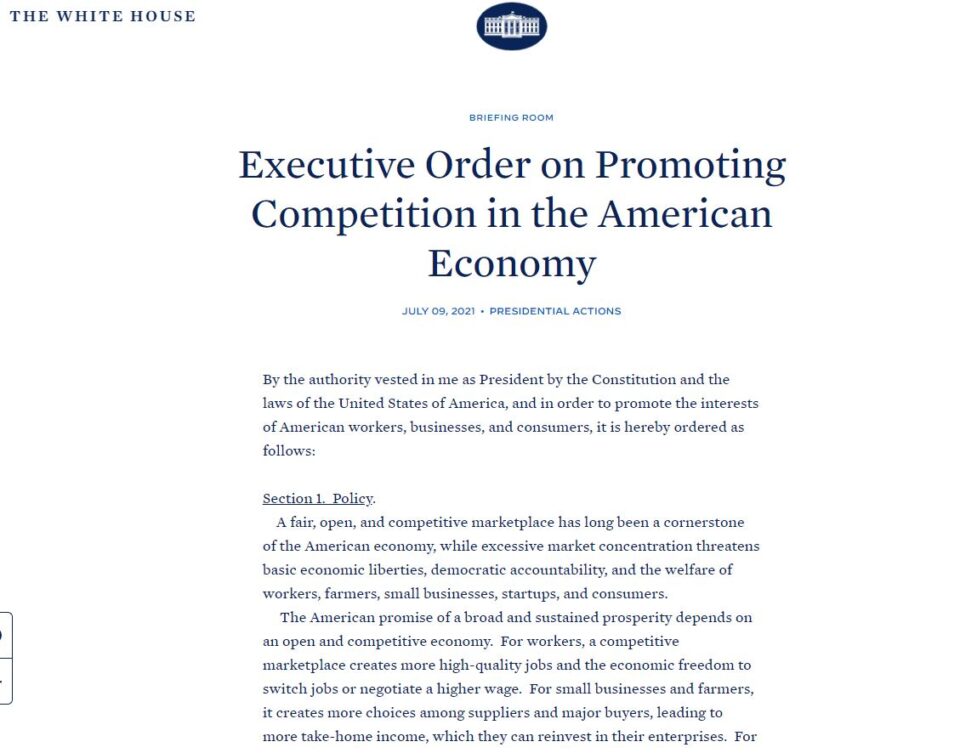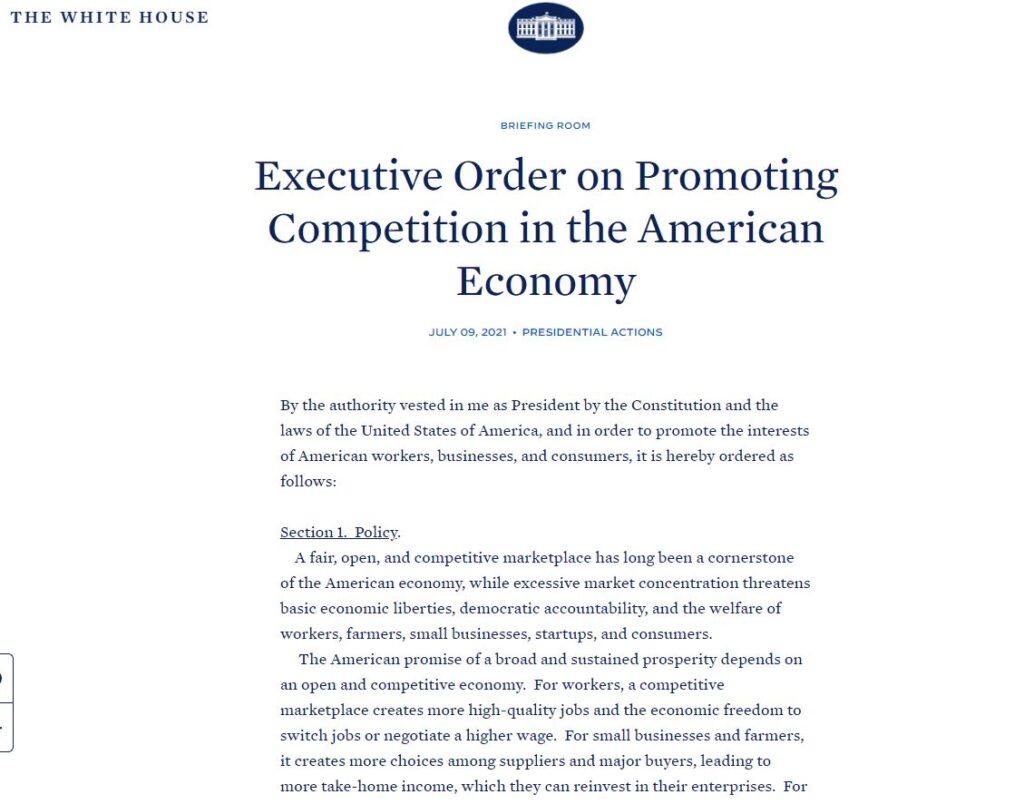The NRLB Chimes in on Non-Competes

A few months ago the NRLB made some noise when it imposed restrictions on non-disparagement and confidentiality provisions in releases/settlement agreements. Now it’s back at it with non-competes following the footsteps of the FTC.
In her memo, General Counsel Jennifer Abruzzo asserted that non-compete agreements impact the ability of employees to exercise their right to quit or change jobs. Though not outright declaring all non-competes unenforceable, she advises limiting their use. So without a doubt the FTC has non-competes in its cross-hairs with the NRLB behind.
At this point we don’t have anything definitive from either agency. What we do have are a number of state legislatures limiting or outlawing non-competes. Yesterday the New York state senate passed non-compete legislation and it is likely to be signed by the governor. New York follows Minnesota and a number of states that enacted legislation in 2022.
Instead of worrying about what the FTC/NRLB may or may not do employers should be focused on changes impacting non-compete law in states where they employ workers. The good news for Texas employers is there are no changes to the Texas non-compete statute this session. We have other things to worry about.



 “When news of the Jimmy John’s non-compete came out last October my concern was the impact it would have on businesses with legitimate
“When news of the Jimmy John’s non-compete came out last October my concern was the impact it would have on businesses with legitimate
 Texas non-compete law has changed very little over the last few years. There have not been any seminal Texas Supreme Court cases construing the Texas non-compete statute and little instructive case law from our intermediate appellate courts providing guidance. The reality is Texas trial judge are construing non-competes at the temporary restraining order/temporary injunction stages all the time but Texas trial judges don’t issue published opinions and we don’t see many appeals from those decisions.
Texas non-compete law has changed very little over the last few years. There have not been any seminal Texas Supreme Court cases construing the Texas non-compete statute and little instructive case law from our intermediate appellate courts providing guidance. The reality is Texas trial judge are construing non-competes at the temporary restraining order/temporary injunction stages all the time but Texas trial judges don’t issue published opinions and we don’t see many appeals from those decisions.



 Employers don’t spend enough time considering their non-competes. That’s an overly broad statement, but it is usually the rule not the exception. The reason that happens kind of makes sense. Most employers haven’t been down the road of enforcing a non-compete. The provision at issue may be a one-off that’s included in one employment agreement or one that has been altered over time. Point is there is no judicial experience with the non-compete. The employer hasn’t actually seen the non-compete in action so there is no history.
Employers don’t spend enough time considering their non-competes. That’s an overly broad statement, but it is usually the rule not the exception. The reason that happens kind of makes sense. Most employers haven’t been down the road of enforcing a non-compete. The provision at issue may be a one-off that’s included in one employment agreement or one that has been altered over time. Point is there is no judicial experience with the non-compete. The employer hasn’t actually seen the non-compete in action so there is no history.



